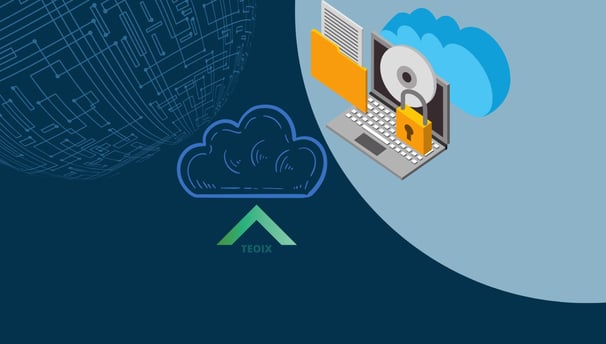Exploring the Diverse Applications of Cloud Computing
CLOUD COMPUTING
5/4/20242 min read


A pillar of contemporary technology, cloud computing provides scalable and adaptable solutions to satisfy the various demands of both individuals and enterprises. Cloud computing finds applications throughout numerous industries, from startups to global enterprises, and from educational institutions to government agencies, changing the way we work, communicate, and develop.
Business Operations:
Using cloud computing for business operations is one of its most popular uses. Businesses use cloud services to handle, process, and store data, which eliminates the need for expensive infrastructure investments. Applications that are hosted on the cloud, like human resources management, enterprise resource planning (ERP), and customer relationship management (CRM), facilitate collaboration, increase productivity, and expedite corporate procedures.
E-commerce and Retail:
To run e-commerce platforms, manage inventory, and analyze customer data, the retail sector has embraced cloud computing. Retailers can effortlessly handle peak traffic loads during sales events, grow their operations, and provide individualized shopping experiences across many channels using cloud-based solutions.
Healthcare:
Cloud computing makes it easier to securely store and exchange genomic data, medical imaging data, and electronic health records (EHRs). In order to promote innovation and enhance patient outcomes, healthcare providers use cloud-based technologies for telemedicine, remote patient monitoring, and medical research.
Education:
To provide online learning environments, teamwork tools, and administrative systems, educational establishments depend on cloud computing. With cloud-based learning management systems (LMS), teachers may develop and share course materials, lead discussions, and monitor students' progress at any time and from any location.
Government and Public Services:
To improve cybersecurity, modernize public services, and allocate resources as efficiently as possible, government organizations make use of cloud computing. Cloud-based solutions facilitate data exchange between agencies, aid in disaster recovery efforts, and give individuals access to government services and information via mobile apps and web portals.
Media and Entertainment:
Digital asset management platforms, streaming services, and content delivery networks (CDNs) are all made possible by cloud computing in this sector. Cloud-based video creation and editing technologies facilitate remote collaboration, expedite workflows, and distribute superior content to consumers worldwide.
Research and Development:
To analyze data, simulate scenarios, and work together on complex projects, scientists and researchers make use of cloud computing capabilities. The computer power and storage capacity required to process large datasets, run intricate simulations, and speed up scientific discovery are provided by cloud-based computing clusters and storage solutions.
Startups & Innovation:
By giving access to affordable infrastructure and state-of-the-art technology, cloud computing levels the playing field for startups and innovators. Without having to worry about maintaining IT infrastructure, startups can quickly develop and launch new goods and services, scale their business as they expand, and concentrate on innovation.
In summary, cloud computing has emerged as a crucial instrument for a variety of fields and uses. Its capacity to provide scalability, cost-effectiveness, and on-demand access to computing resources has revolutionized the way businesses function, develop, and provide value to their stakeholders and clients. The future of work and society will be shaped by cloud computing, which will play an increasingly important role in advancing digital transformation as technology develops.


